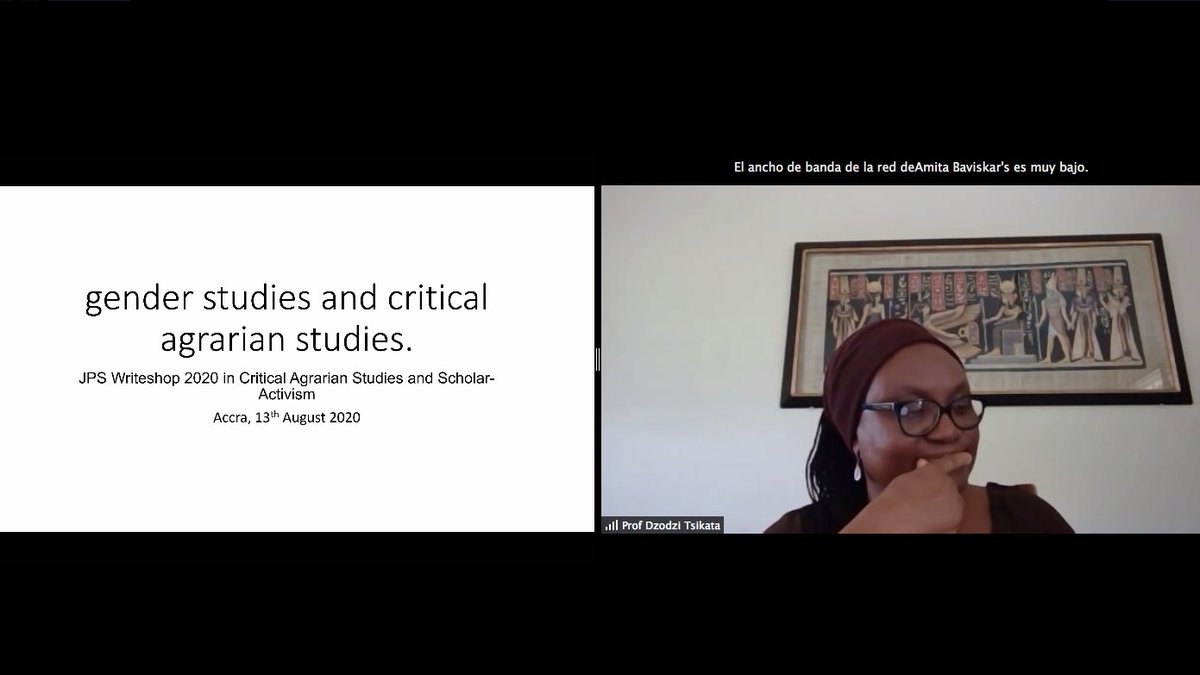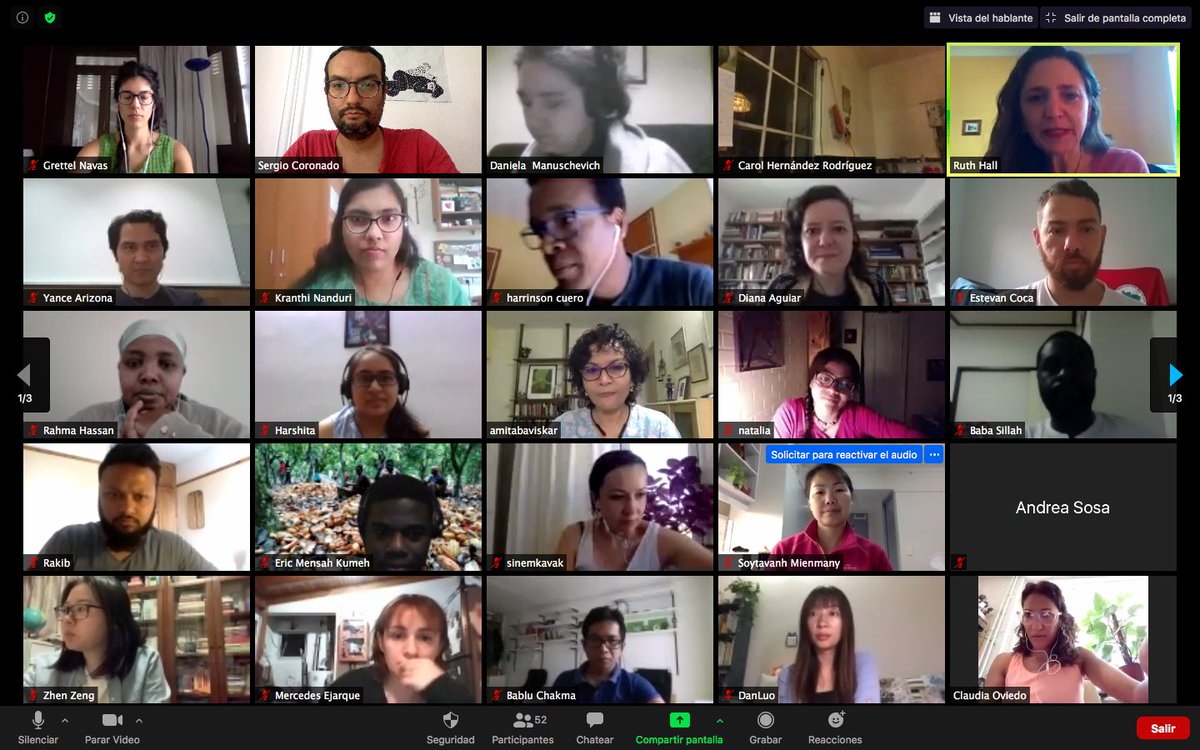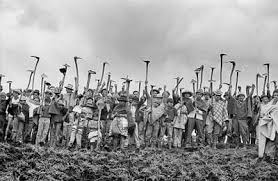
- CAS: constructing alternatives while criticizing biases in dominant paradigms in social science
- GS: interrogating androcentric biases in both mainstream and heterodox social sciences
Key insights from FPE: do the traditional categories of Agrarian Studies: peasants, class, villages, communities, movements, reproduction represent women as well as men?
Social reproduction is an indispensable background condition for the possibility of capitalist production
The feminist models of the economy show the interconnectedness between different sectors, highlighting the differences between formal and informal
Feminist scholars have highlighted the gendered nature processes of class formation, as Archana Prasad did in the paper on the Adivasi Women:
doi.org/10.1177/227797…






